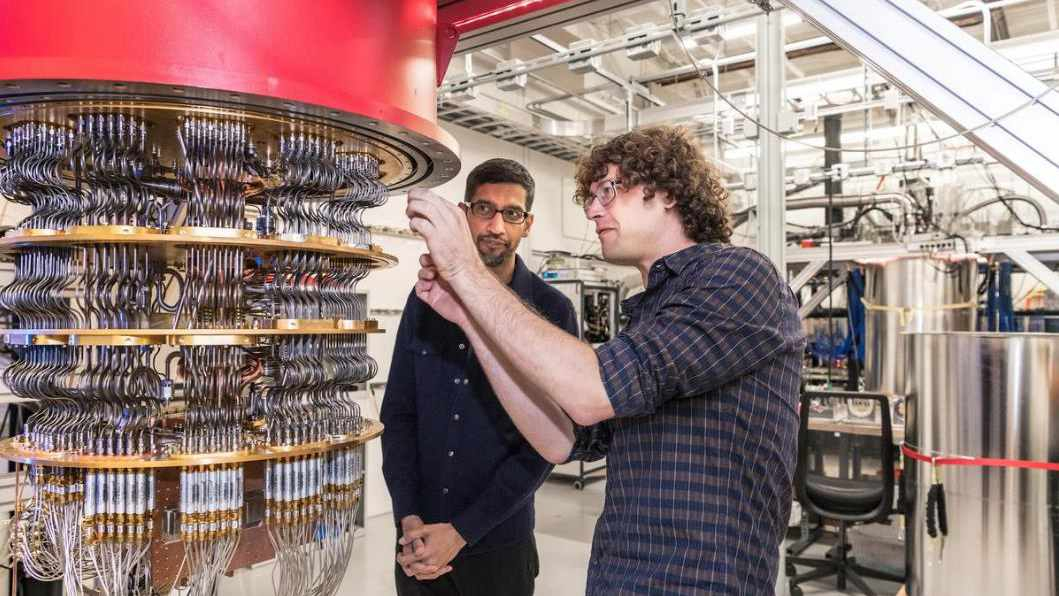In a groundbreaking achievement, Google has announced that its latest quantum computer, dubbed “Quantum Leap,” has achieved a major milestone known as “quantum supremacy.” Quantum supremacy refers to the point at which a quantum computer can perform a specific computational task significantly faster than the world’s most powerful classical supercomputers. This milestone has long been the holy grail of quantum computing research, and Google’s Quantum Leap has now crossed that threshold. The Quantum Leap computer was able to complete a complex mathematical calculation in just 200 seconds, a task that would have taken the world’s fastest classical supercomputer over 10,000 years to accomplish. This remarkable feat demonstrates the immense power and potential of quantum computing technology. “Quantum Leap’s achievement of quantum supremacy is a watershed moment in the history of computing,” said Google CEO Sundar Pichai.
“This breakthrough opens up a new frontier of computational possibilities that will have far-reaching implications for fields ranging from cryptography to drug discovery.” The Quantum Leap computer is based on a novel architecture that utilizes a network of superconducting qubits, the fundamental building blocks of quantum computers. Unlike classical bits, which can only exist in a state of 0 or 1, qubits can exist in a superposition of both states simultaneously, allowing them to perform massively parallel computations. While the Quantum Leap is currently a highly specialized and experimental device, Google’s researchers are confident that the technology will continue to evolve and become more accessible in the coming years. The company is already working on developing practical applications for quantum computing, such as secure communication, advanced materials science, and optimization problems. The achievement of quantum supremacy by Google’s Quantum Leap is a significant milestone in the ongoing race to harness the power of quantum mechanics for practical computing applications. As the technology continues to advance, it is poised to revolutionize numerous industries and unlock new frontiers of scientific discovery.





